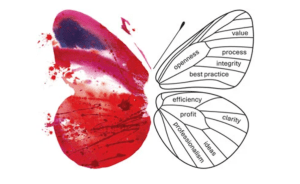
Successful Evaluations: Insights from Strategic Partners
Performance evaluations at the end of engagements are crucial, providing insights and opportunities for improvement. A balanced mix of formal and informal feedback, proactive action plans, and acknowledgment of success can foster stronger partnerships and drive continuous improvement in future engagements.





